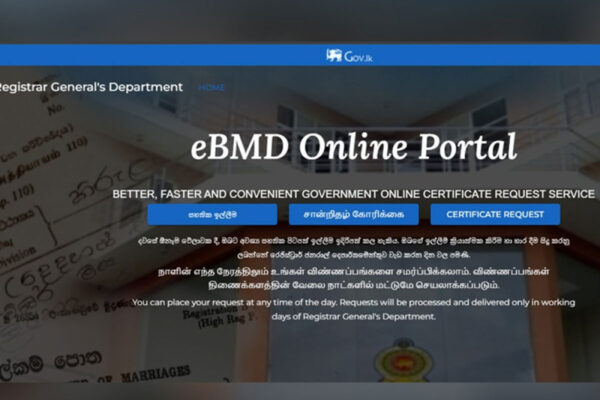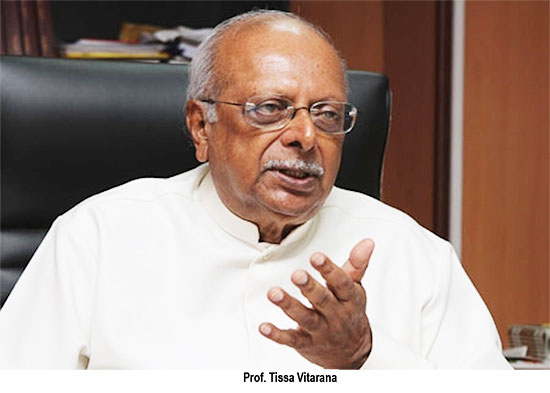COLOMBO :This year marks 200 years since the arrival of the Malaiyaha Tamils from Southern India to Sri Lanka. This anniversary has been commemorated by a number of civil society, religious and political entities, both from within and outside the community, including the on-going “Maanbumigu Malaiyaha Makkal, Talaimannar to Matale Walk from July 27th to August 12th 2023.
These commemorative events seek to remember the suffering the community has endured, and their struggles to claim a place as equal citizens in this country, while calling for acknowledgement of their history and recognition of injustices. We, the undersigned, echo the calls of the Malaiyaham Tamil community to the Government of Sri Lanka, to take reparative action.
The systemic discrimination of the Malaiyaha Tamils is an issue that has been disregarded within the national agenda for decades. Their treatment under British colonial rule and in post-independence Sri Lanka, including their disenfranchisement in 1948, created a system of inequality, deprivation and vulnerability. Although their labour powers one of highest earning economic sectors on which the economy of this country has been built, members of the community remain some of the most underprivileged and underserved by the State. Even as the State and the plantation industry point to the various assistance schemes provided over the years, the plantation sector continues to lag behind in terms of almost all socio-economic indicators. Addressing the high rates of poverty within this community in the current economic crisis is therefore not just a measure to provide relief, but is an issue of economic justice to right the wrongs of previous decades.
This year Sri Lanka marks a number of key anniversaries, including 75 years since independence and 40 years since Black July. This affords an opportunity for all citizens to reflect on the past and its impact, and to re-imagine a future built on democracy, equality, pluralism, equity and justice. For the State of Sri Lanka, as it discusses initiatives to address power-sharing and transitional justice, there is a responsibility to address grievances and take corrective action for its past actions and failures.
We, the undersigned, endorse the demands of the “Maanbumigu Malaiyaha Makkal, Talaimannar to Matale Walk.” Essentially, these demands represent a call for recognition of their distinct identity and affirmative action:
- Acknowledgment of their histories, struggles and contributions
- Recognition as a distinct community and constituent people of post-independent Sri Lanka
- Affirmative action on education, health and social safety measures to achieve parity
- A living wage, decent working standards, legal protection and equal pay for men and women workers
- Land with secure tenure for housing and livelihoods
- Equal use and parity of status for the Tamil language
- Equal access to Government Services
- Demarcation of plantation human settlements as new villages
- Protection of domestic workers
While this list may not be comprehensive, it reflects some of the long-standing demands of the community, that we call to be implemented as steps towards acknowledgement and justice. We also call upon the leaders from the Sinhala, Tamil and Muslim communities to contribute towards making right these historical grievances
















